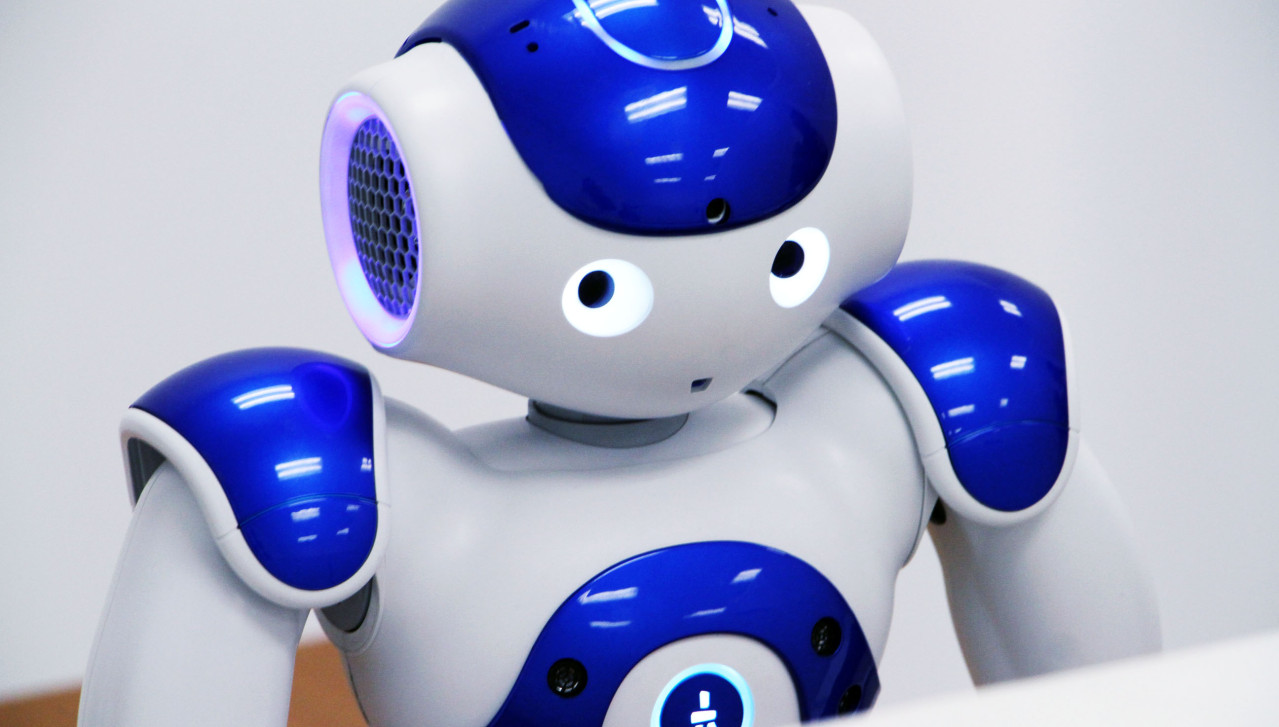The word “trust” pops up a lot in conversations about human-robot interactions. In recent years, it’s crossed an important threshold from the philosophical fodder of sci-fi novels into real-world concern.
Robots have begun to play an increasing role in life and death scenarios, from rescue missions to complex surgical procedures. But the question of trust has largely been a one-way street. Should we trust robots with our lives?
A Tufts University lab is working to turn the notion on its head, asking the perhaps equally important inverse. Should robots trust us?


